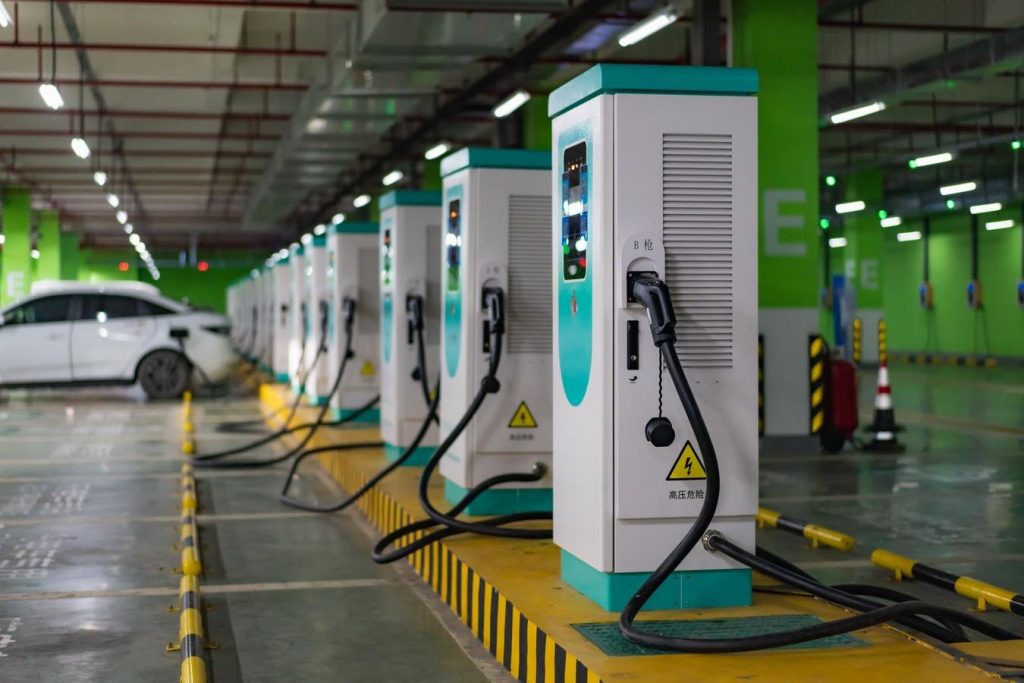The global electric vehicle (EV) market has experienced significant evolution in the past decade, with a shift from fervent enthusiasm to tempered growth. Competition and flagging consumer demand have led to notable players like Tesla preparing for lower rates of growth. This, combined with rising interest rates and raw materials costs, has prompted manufacturers to diversify their vehicle offerings instead of focusing solely on EV production. As the industry continues to adjust to these challenges, the focus is on developing nimble, forward-thinking strategies to ensure market survival.
The electric vehicle landscape varies widely across mature and emerging markets, with China, Europe, and the United States leading in electric car sales. However, emerging markets in Southeast Asia and Africa are also making strides towards EV adoption. In countries like India and Indonesia, transportation solutions are rapidly evolving, driven by government policies and a growing manufacturing sector. While the electrification of two- and three-wheelers and buses is progressing faster than cars in these markets, efforts are being made to increase the availability of electric cars through rideshare and car-sharing platforms.
The success or failure of EV penetration, especially in emerging markets, depends on identifying sustainable business models that add tangible market value. Some recent startups in the EV space have faced setbacks due to short-term strategies that lack long-term scalability. Copycat business models have emerged, with existing vehicles being retrofitted with an EV label without addressing consumer needs. Innovation opportunities within the EV sector include improving the supply chain, particularly in battery recycling and integrated materials supply chains, and integrating electric vehicles into last-mile delivery operations.
Amid market challenges like inflation and high interest rates, the opportunity for new EV startups to enter the industry may have passed. The current trend is towards B2B and software-as-a-service solutions in the EV sector, with increasing emphasis on enterprise software tailored for electric vehicles. Some markets are utilizing electric vehicles as grid resources, connecting them to local grids to generate revenue through storage and backup power. The most successful players in the EV sector in the next decade are expected to be those who embrace change, drive innovation, and offer customer-centric solutions while maintaining streamlined operational strategies and capital efficiency.
In conclusion, the EV industry is at a critical juncture where companies must adapt to market challenges and prioritize sustainable business models. While contributing to a greener future is important, ensuring the sustainability of their own business models is crucial for companies in the EV space. As the industry continues to evolve, success will depend on a combination of innovation, customer-centric solutions, and operational efficiency, with a focus on delivering value in the rapidly changing EV landscape.












